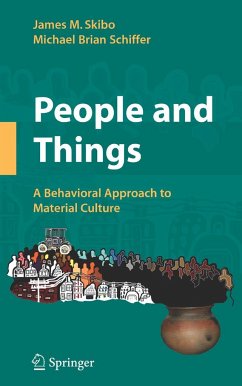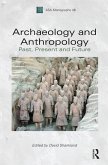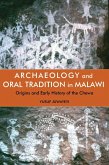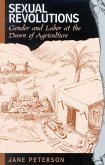The study of the human-made world, whether it is called artifacts, material culture, or technology, has burgeoned across the academy. Archaeologists have for cen- ries led the way, and today offer investigators myriad programs and conceptual frameworks for engaging the things, ordinary and extraordinary, of everyday life. This book is an attempt by practitioners of one program - Behavioral Archaeology - to furnish between two covers some of our basic principles, heuristic tools, and illustrative case studies. Our greater purpose, however, is to engage the ideas of two competing programs - agency/practice and evolution - in hopes of initiating a dialog. We are convinced that there is enough overlap in goals, interests, and conceptions among these programs to warrant guarded optimism that a more encompassing, more coherent framework for studying the material world can result from a concerted effort to forge a higher-level synthesis. However, in engaging agency/ practice and evolution in Chap. 2, we are not reticent to point out conflicts between Behavioral Archaeology and these programs. This book will appeal to archaeologists and anthropologists as well as historians, sociologists, and philosophers of technology. Those who study science-technology- society interactions may also encounter useful ideas. Finally, this book is suitable for upper-division and graduate courses on anthropological theory, archaeological theory, and the study of technology.
Hinweis: Dieser Artikel kann nur an eine deutsche Lieferadresse ausgeliefert werden.
Hinweis: Dieser Artikel kann nur an eine deutsche Lieferadresse ausgeliefert werden.








